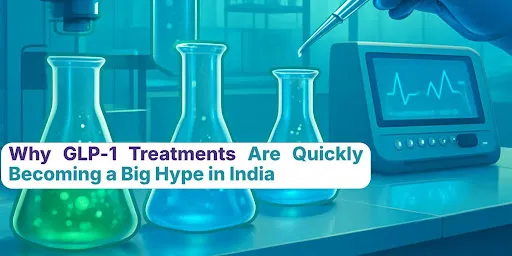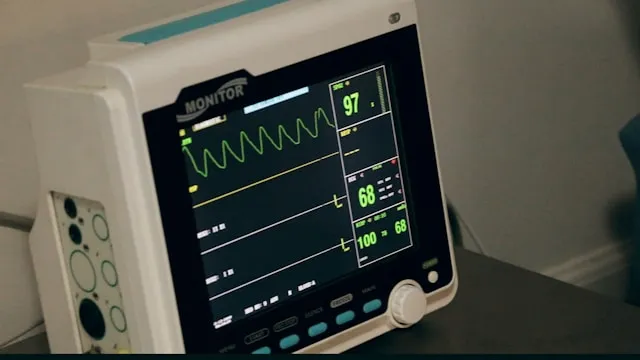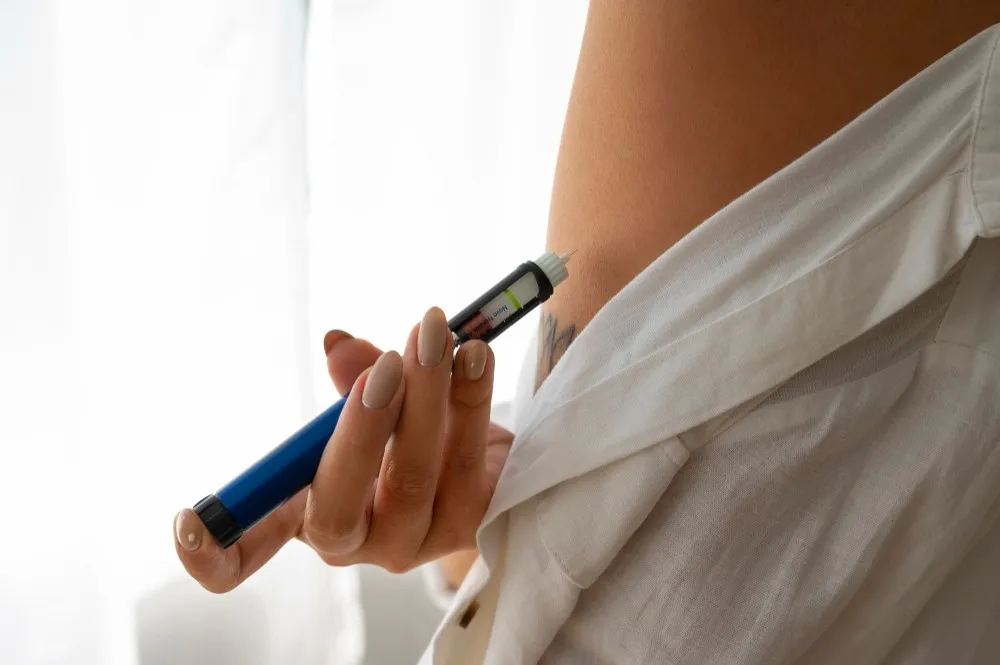Any medical condition or defect in the heart that is developed in the womb (before the birth) that affects the normal working of the heart, is termed as Congenital Heart Disease (CHD).
During first 8 to 9 weeks of pregnancy, the heart begins to take shape and starts beating. At this time, several environmental and genetic factors interact to alter the normal development of heart. In most cases, there is no specific cause for congenital heart disease. However, following are the factors known to increase the risk of the disease:
[caption align="alignleft" width="170"] Dr.Jothi Muthu
Dr.Jothi Muthu
Senior Consultant - Paediatric Cardiac Surgery
Indraprastha Apollo Hospitals, New Delhi[/caption] This write-up was contributed to Credihealth by: Dr. Jothi Muthu is a Sr. Consultant - Paed Cardiac Surgery (Indraprastha Apollo Hospital, New Delhi)
- Mother having poorly controlled diabetes
- Alcohol consumption, smoking or drugs, during pregnancy
- Chromosome abnormalities
- Exposure to industrial chemicals
- Consumption of certain medications
- Family history of CHD
Diagnosis before Birth
Advances in imaging techniques, like fetal echocardiography, have made it possible to diagnose CHD before the birth (usually around 20th week of pregnancy). However, it is not always possible to diagnose CHD before birth.Signs & Symptoms after Birth
Signs and symptoms of congenital heart defects depend on the type, number, and severity of the defects. Generally, serious defects are usually evident soon after birth or within a couple of months of birth. Common signs include- Cyanosis - a bluish color in the skin, lips, and fingernails
- Rapid breathing
- Poor feeding
- Excessive sweating
- Extreme tiredness
- Swelling in the legs, abdomen or around eyes
- Shortness of breath during exercise or activity
- Fatigue during exercise or activity
- Swelling in hands, legs, abdomen or ankles
Treatment
Mild defects may not need to be treated, as these defect may improve with age. Surgery is generally required when the defect is significant and causing problems in the health of the child. Less complex heart defects can be corrected with a single surgery in early infancy. For more complex congenital heart defects, a series of two or three surgeries may be required. Nowadays, more than 80% children with congenital heart diseases lead a healthy adult life. However, people with CHD often need treatment throughout their life.[caption align="alignleft" width="170"]
 Dr.Jothi Muthu
Dr.Jothi MuthuSenior Consultant - Paediatric Cardiac Surgery
Indraprastha Apollo Hospitals, New Delhi[/caption] This write-up was contributed to Credihealth by: Dr. Jothi Muthu is a Sr. Consultant - Paed Cardiac Surgery (Indraprastha Apollo Hospital, New Delhi)
Dr.Muthu has done MBBS from Madras Medical College, MD - Internal Medicine from PGIMER Chandigarh and DM in Cardiac Surgery from Madras Medical College. Further, Dr. Muthu received 10 years of training in UK. He is trained in Adult and Pediatric Cardiac Surgery and Heart and Lung Transplant Surgery.
Dr. Jothi Muthu's area of expertise lies in Pediatric Cardiac Surgery and has been practicing for past 10 years. Dr. Muthu has been associated with Indraprastha Apollo Hospital since over 5 years. In last 22 years, Dr Jothi Muthu has attended to more than 15000 cases of pediatric, adult and transplantation with over 500-1000 cases being in Indraprastha Apollo Hospital. For treatment of any pediatric cardiac condition, you can consult Dr. Jothi Muthu - only via Credihealth.
Reviewed by







